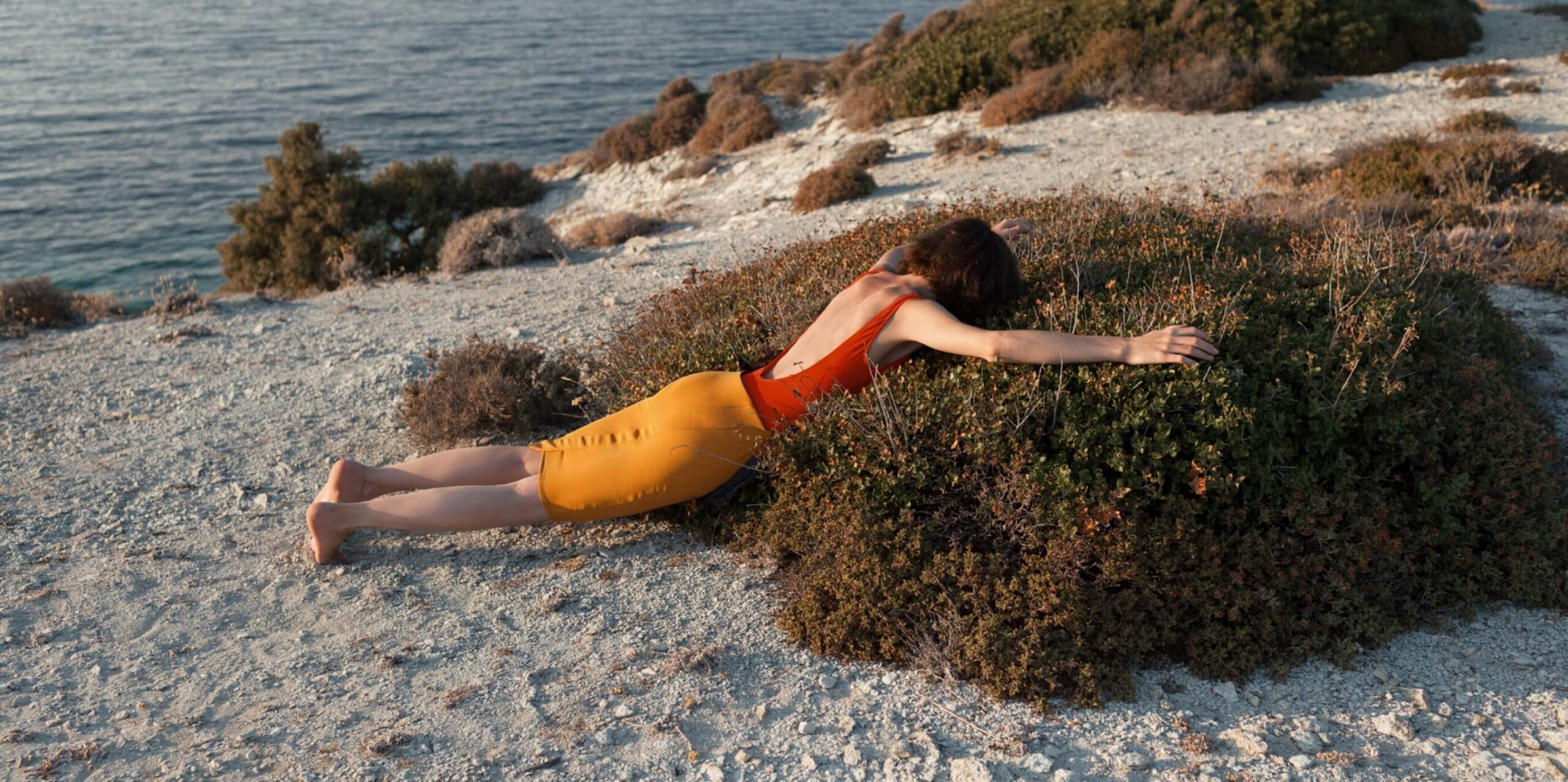What’s a sleep vacation (and why is it a hot travel trend)? Hint: It lowers stress levels…and maybe even gets you better skin

The whole “sleep when you’re dead” philosophy is great in theory, but unfortunately it’s not the ticket to a healthy, fulfilling life. According to The Center for Disease Control and Prevention (CDC) one out of three Americans are sleep deprived. Additionally, the American Academy of Sleep Medicine reports that adults need a minimum of seven hours of sleep per night and just an hour less can lead to health issues such as heart disease and diabetes (and we all know, not getting enough sleep messes with your skin).
Having the right sleep environment is essential for many people, yet we live in a world where our environment makes it difficult to get restful, brain-boosting sleep. That’s where sleep retreats come in.
“Sleep isn’t just rest; it’s a time when we fight off viruses to lower the risk of getting sick, protect our brain and body from aging, make memories stronger and reset our stress responses to better manage stress the following day. In essence, sleep is critical for optimal mental and physical health,” says Dr. Marc Milstein, a leading researcher who recently wrote a book called The Age-Proof Brain, which points to brain research to change lives through better sleep. “Prioritizing sleep can be challenging in the modern world, but doing so can open up a whole world of benefits, including greater productivity and focus as well as slowing down the aging process,” he adds.
A vacation where you actually sleep
British Columbia’s Mountain Trek wellness retreat offers workshops that focus on five pillars of health: stress management, nutrition, sleep health, metabolism and detoxification. The retreat improves sleep quality by naturally raising melatonin through a combination of nature immersion, a reduction of screen time and therapeutic spa and yoga sessions before bed. They also use natural sound sleep emitters, black-out curtains and halotherapy with Himalayan salt lamps in each guest room to provide an ideal sleep environment.
Over at the Four Seasons Westlake Village, the two-night sleep retreat includes daily meals, access to fitness and movement classes at the adjoining Center for Health & Wellbeing, an hour one-on-one meditation and mindfulness session with a clinical psychologist to aid in the process of de-stressing for optimum sleep, a private consultation with a registered nutritionist to explore food intake patterns and how they impact sleep, and a DreamKit spa treatment which guides guests through a peaceful bath soak and massage to introduce them to effective home sleep rituals that help eliminate stress-driven sleep barriers.
An overarching approach
Across the world in Bali, the REVĪVŌ Resort is located in a remote, lush tropical forest. This wellness destination incorporates Ayurvedic and Chinese medicine to treat underlying patterns of imbalance found in the body and mind, which could typically lead to poor sleep quality. REVĪVŌ’s sleep program aims to improve and regulate guest’s sleeping patterns, so they not only sleep better while on vacation in Bali but also when they return home.
According to the resort, from a Chinese medical perspective, many issues surrounding sleep are associated with the heart (fire element) but can also be due to the liver (wood) and spleen (earth) imbalances — or a combination of one or more of these elements. “Depending on the individual’s presenting symptoms, like the time of night they tend to wake up, having a hard time falling asleep vs. staying asleep, or specific triggers that result in lost sleep, we determine the best treatments and protocols to incorporate in order to facilitate a peaceful and rejuvenating night’s rest,” the hotel’s spokesperson Kate Leff says.
An overarching approach to sleep is key for the wellbeing of your body and mind. The importance of resetting your circadian rhythm comes down to keeping your body running smoothing and efficiently. “This clock, [the circadian rhythm], doesn’t just regulate our sleep but also plays a role in mood and metabolism. If sleep is off, regulating mood and weight management is difficult,” says Dr. Milstein.
References for this information:
CDC Website, Sleep and Sleep Disorders
American Academy of Sleep Medicine Website, Clinical Resources
CNN Website, Travel
WebMD Website, Health & Balance
The views expressed in this article do not necessarily represent the views of Murad, and are for informational purposes only, even if the advice of physicians and medical practitioners are included. This article is not a substitute for professional medical advice, diagnosis or treatment, and should not looked be considered specific medical advice.


